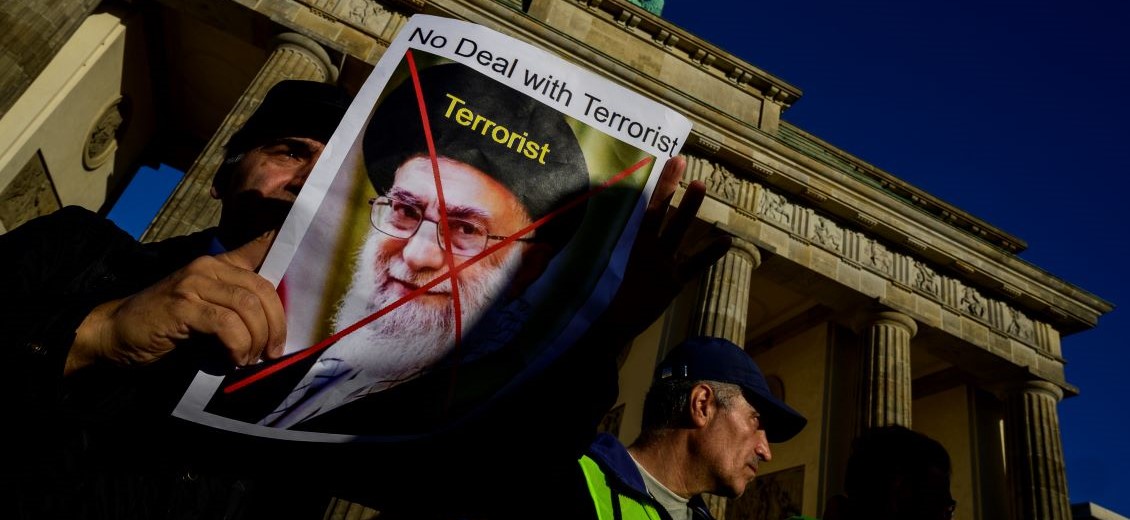For the United States, managing the relationship with Iran has never been easy. But a year after the massive protests that followed the death of Mahsa Amini, Tehran has become more toxic than ever for Washington.
The Republican opposition to President Joe Biden, who is campaigning for his re-election, took issue with his decision to accept, almost on the anniversary of the uprising, an agreement unlocking six billion dollars in Iranian oil revenues in exchange for return of five Americans detained in Iran.
American diplomats say they see no other option than to remain engaged with Iran, including on its controversial nuclear program, but no one expects Mr. Biden to invest more in seeking a new agreement. scope with Tehran as the 2024 presidential elections approach.
Especially since Washington believes that Tehran largely missed its chance after the failure of negotiations carried out last year to revive the 2015 Iranian nuclear agreement, concluded under Barack Obama and from which the former government withdrew. President Donald Trump.
Joe Biden himself has privately declared that the nuclear deal is “dead.”
But, she said, the crackdown on protests after Mahsa Amini’s death and Iran’s supply of armed drones to Russia for its war in Ukraine “have made the subject of Iran politically toxic.”
This does not mean that there is no more room for diplomacy, as the prisoner exchange agreement shows, but a historic agreement such as a new JCPOA will be a very difficult, if not impossible, sell. on both sides of the American political spectrum given the events of the last year,” adds the analyst.
A year ago, on September 16, the young Iranian Kurd died after her arrest by the moral police for non-compliance with strict Islamic clothing obligations.
Her death led to months of protests, repressed in blood and arrests, but the “Woman, Life, Freedom” uprising continued in different forms and appears to be one of the greatest challenges to the Iranian authorities since the revolution of 1979.
The Biden administration strongly condemned this repression and openly supported the protest movement, imposing new sanctions against Tehran.
But she still believes that the best way to prevent Iran from acquiring nuclear weapons is through diplomacy.
The United States has been rather discreet lately on Iran’s enrichment of uranium beyond the levels authorized by the 2015 agreement.
According to him, Mr. Biden “tacitly” opted for a strategy aimed at a less rigorous application of American sanctions in return for a less confrontational approach on the part of Iran.
The head of American diplomacy Antony Blinken affirmed in mid-August that “nothing in our general approach to Iran has changed. We are pursuing a strategy of deterrence, pressure and diplomacy.”
The United States also insists that the prisoner deal is entirely separate from the nuclear issue.
But he says he expects future possible limited discussions on nuclear power, in the absence of a major agreement, because “they have no other option than to remain engaged.”
The article originally publish on icibeyrouth.com









